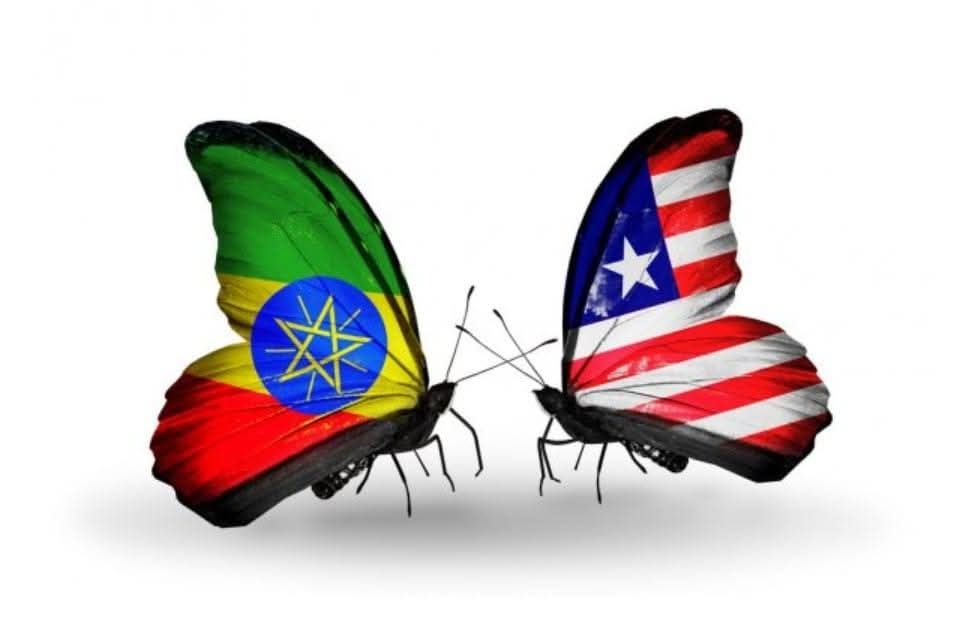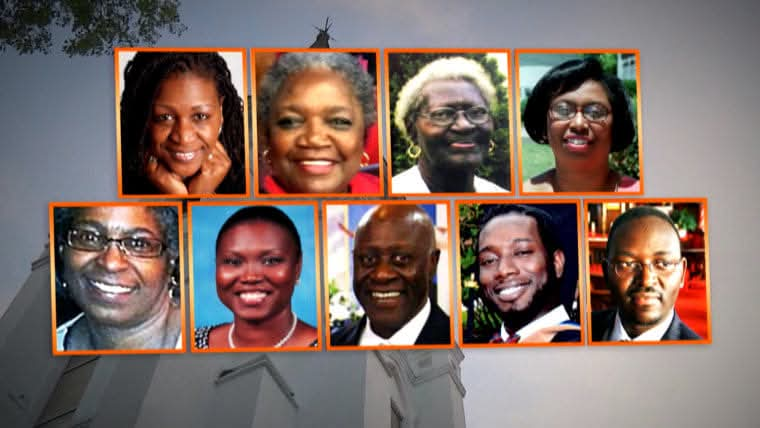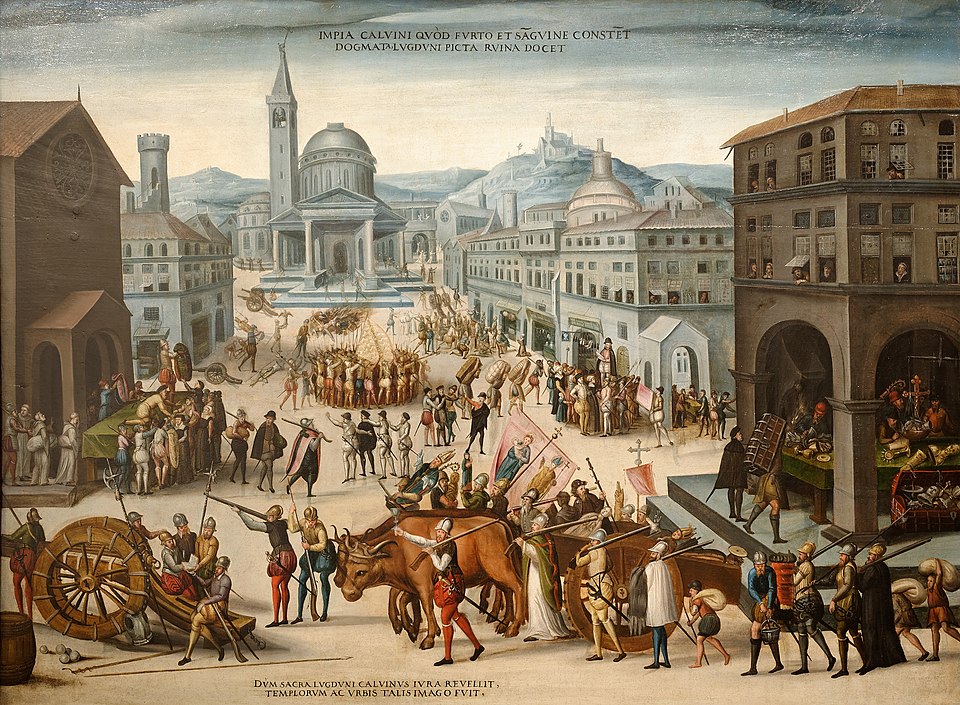NIGERIA CIVIL WAR: Inside The Aburi Accord And Why The Declaration Could Not Stop The War
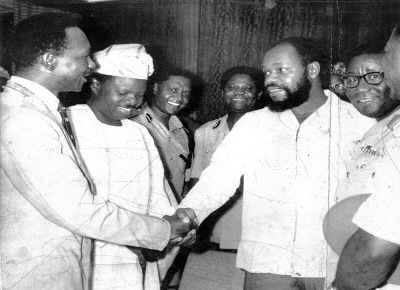
Did you know that the Aburi Accord or Declaration entered into by the Federal Government of Nigeria with the Eastern Region broke down because of differences of interpretation on both sides which led to the civil war in 1967?
Between 4th and 5th January 1967, delegates of both the Federal Government of Nigeria (the Supreme Military Council) led by Head of State, Lt.-Col. Yakubu Gowon, and the Eastern delegates led by the Eastern Region's leader Colonel Chukwuemeka Odumegwu-Ojukwu met in Aburi, Ghana, as the last chance of preventing an all out war.
Aburi, a location in the eastern region of Ghana, was chosen as a venue because the safety of the eastern delegates led by Colonel Ojukwu could not be guaranteed anywhere within the western or northern part of the country.
Among the delegates present at the Aburi Conference are: Chairman of Ghana National Liberation Council, Lt.-General J.A. Ankrah (Chairman); Major Mobolaji Johnson, Governor Lagos State; Lt.-Col. Hassan Katsina, Governor Northern Region; Lt.-Col. David Ejoor, Governor of the Mid-Western Region; Commodore Joseph Edet Akinwale Wey, Vice President of Nigeria; Colonel Robert Adebayo, Governor Western Region; Alhaji Kam Selem, Mr. T. Omo-Bare.
Others present include: N. Akpan, Secretary to the Military Governor-East; Alhaji Ali Akilu, Secretary to the Military Governor-North; D. Lawani Under Secretary, Military Governor's Office-Mid-West; P. Odumosu, Secretary to the Military Governor-West; S. Akenzua (who later became the Oba of Benin - Erediauwa I, Permanent Under-Secretary-Federal Cabinet Office.
In the Aburi Accord or Aburi Declaration, the council collectively vowed not to use force to settle the Nigerian crisis, and also agreed to a law of collective responsibility which vested all powers of the Federal Military Government (FMG) in the Supreme Military Council, making a unanimous concurrence imperative. In the meeting it was agreed as well, that the Head of the Federal Military Government should assume the title of Commander-in-Chief of the Armed Forces of Nigeria.
The atmosphere of the meeting was very cordial saving that Ojukwu did not participate in the humour side of the show. At the end of the meeting, it was agreed that the resolutions of the meeting should be embodied in a Decree to be issued by Lagos with the concurrence of the military Governors.
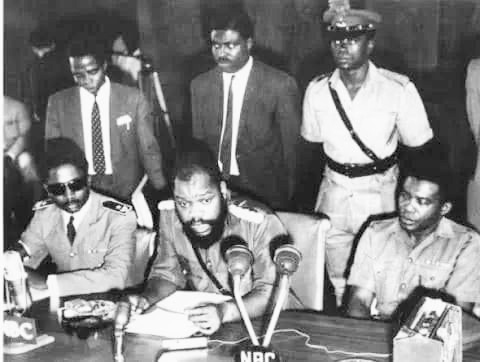
Details of the Accord are as follows:
[1] Members agree that the legislative and executive authority of the Federal Military Government should remain in the Supreme Military Council, to which any decision affecting the whole country shall be referred for determination provided that where it is possible for a meeting to be held the matter requiring determination must be referred to military governors for their comment and concurrence.
[2] Specifically, the council agreed that appointments to senior ranks in the police, diplomatic, and consular services as well as appointment to superscale posts in the federal civil service and the equivalent posts in the statutory corporation must be approved by the Supreme Military Council.
[3] The regional members felt that all the decrees passed since January 15, 1966, and which detracted from previous powers and positions of regional governments, should be repealed if mutual confidence is to be restored.
In response to the accord, the federal government promulgated Decree No. 8, which was mainly an embodiment of the accord which finally broke down because of differences of interpretation on both sides. This led to the outbreak of Nigerian Civil War.
Before the Decree No. 8 could finally be issued on March 17, 1967, it had to be passed by the Supreme Military Council meeting which say in Benin on March 10. But Ojukwu did not attend that meeting because he had earlier rejected a draft of that decree which made mockery of the Aburi resolutions.
The really offending clauses of the decree were sections 70 and 71 which empowered the Supreme Military Council to declare a state of emergency in Nigeria, if the Head of Federal Military Government and at least three of the Governors agreed to do so. Section 71 also empowered the Head of the Federal Military Government in agreement with at least three Governors to legislate for any particular region whenever they deemed it fit during a state of emergency, with or without the consent of the Governor of that particular Region.
In effect, Gowon had thus taken power unto himself to deal with Ojukwu whenever he pleased, how he pleased and as long as he pleased.
#penglobalhistory #Aburi
